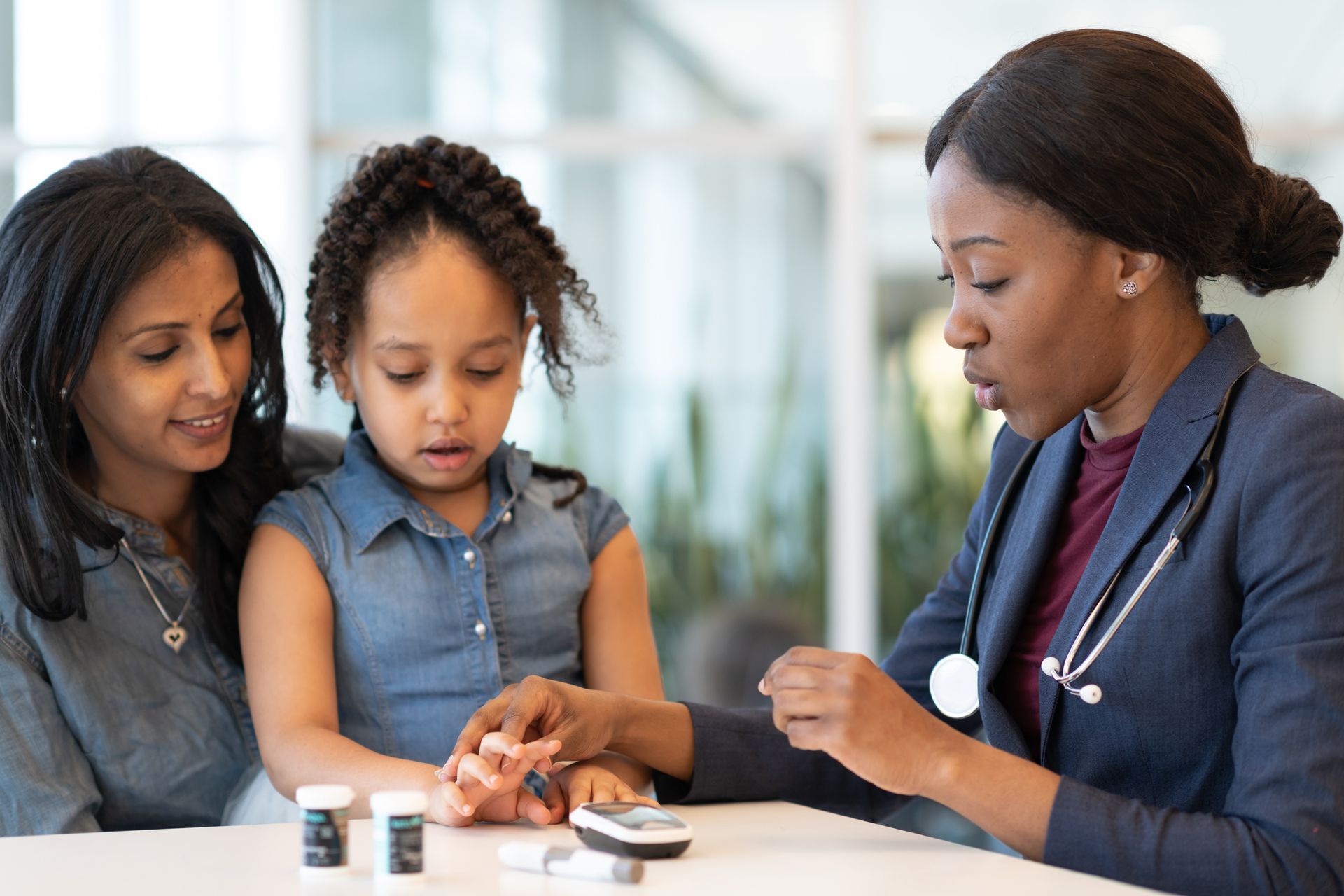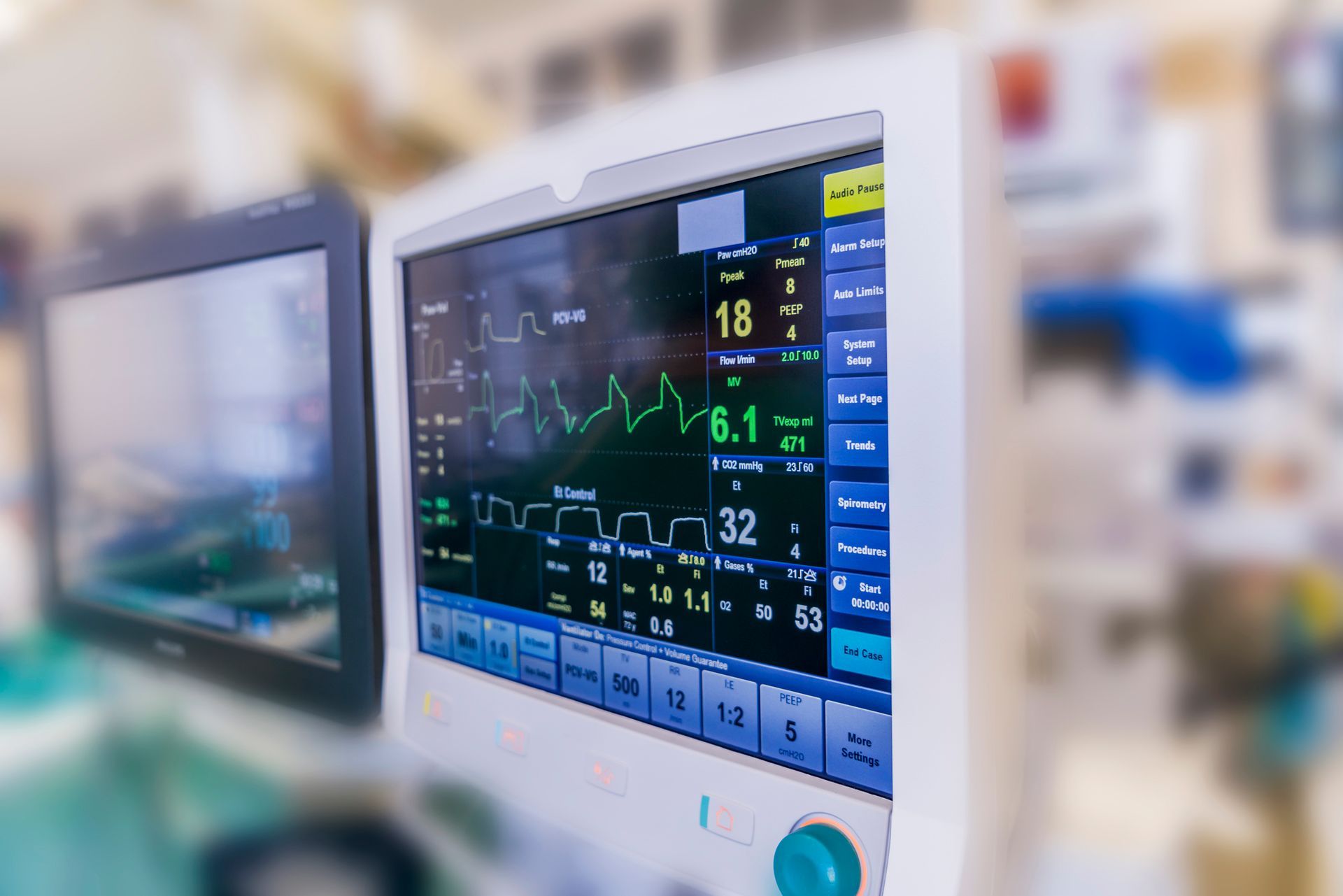
Navigating Chronic Disease Management With Expertise
At MedCare LLC in Brooklyn, NY, we’re committed to providing comprehensive care for chronic diseases. Our services are tailored to help you manage your condition effectively and maintain a high quality of life.
Diabetic Care Services
Diabetes management is a critical aspect of chronic disease care. Our diabetic care services are designed to help you control your blood sugar levels and prevent complications.

Our Diabetic Care Services
Personalized Diet Plans:
Nutrition advice to manage blood glucose.
Blood Sugar Monitoring:
Regular checks to keep levels in check.
Medication Management:
Prescribing and adjusting diabetes medications.
Education Programs:
Learning about diabetes management and lifestyle changes.
Support Groups:
Connecting with others for shared experiences and advice.
Regular Check-Ups:
Ongoing assessments to monitor diabetes control.
Cardiology Services
Heart health is paramount, and our cardiology services ensure that your heart is functioning at its best.
The Importance of Cardiology
An experienced cardiology team is essential for diagnosing and treating heart conditions. Regular check-ups can detect issues early, allowing for timely intervention.

Our Cardiology Services
Echocardiograms:
Ultrasound imaging of the heart.
Stress Tests:
Assessing heart function during physical activity.
Electrocardiograms (EKGs):
Monitoring the heart’s electrical activity.
Cardiac Catheterization:
Detailed examination of heart arteries.
Holter Monitoring:
Long-term tracking of heart rhythms.
Contact us at (718) 399-6234 to learn more about our chronic disease management services and how we can assist you in achieving optimal health. Your journey to wellness is our priority.








